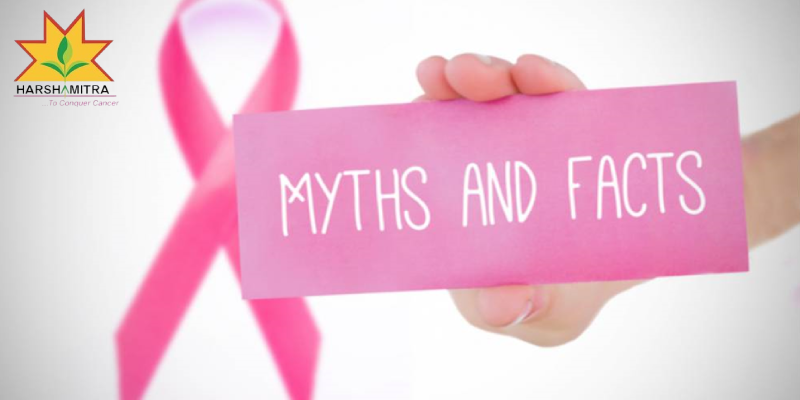Myth: Cancer is contagious.
Fact: Cancer is not a contagious disease. It cannot be transmitted from person to person through touch, sharing food or drinks, or close contact. Cancer develops due to genetic mutations or environmental factors, not through contact with someone who has cancer.
Myth: Cancer is always a death sentence.
Fact: While a cancer diagnosis can be frightening, many types of cancer are treatable, especially when detected early. Advances in cancer research and treatment have significantly improved survival rates for many types of cancer. With proper medical care and support, many people live long and fulfilling lives after a cancer diagnosis.
Myth: Only older people get cancer.
Fact: While cancer risk increases with age, people of all ages can develop cancer, including children and young adults. Certain types of cancer, such as leukemia and brain tumors, are more common in children, while others, like breast and prostate cancer, are more prevalent in older adults. Age is just one of many factors that influence cancer risk.
Myth: Cancer is always caused by genetics.
Fact: While genetic factors can contribute to some types of cancer, the majority of cancers are caused by a combination of genetic and environmental factors. Lifestyle choices such as smoking, unhealthy diet, lack of exercise, and exposure to carcinogens like UV radiation and asbestos can significantly increase cancer risk.
Myth: Superfoods or alternative therapies can cure cancer.
Fact: While a healthy diet and lifestyle can reduce the risk of developing cancer, there is no single food or alternative therapy that can cure cancer on its own. Treatment for cancer typically involves a combination of surgery, chemotherapy, radiation therapy, immunotherapy, and targeted therapy, depending on the type and stage of cancer. It’s essential to consult with medical professionals for evidence-based cancer treatment.
Myth: Pain is always a sign of cancer.
Fact: While pain can be a symptom of cancer, not all pain indicates cancer. Many other conditions can cause pain, such as injuries, infections, and chronic illnesses. It’s essential to consult with a healthcare professional to determine the cause of persistent pain and undergo appropriate diagnostic tests if necessary.
Myth: Cancer treatment always causes severe side effects.
Fact: While cancer treatment can cause side effects, not everyone experiences them, and their severity varies from person to person. Advances in cancer treatment have led to more targeted therapies with fewer side effects compared to traditional chemotherapy and radiation therapy. Supportive care measures are also available to manage and alleviate treatment-related side effects. Dispelling these myths about cancer is crucial for promoting accurate information, reducing stigma, and encouraging early detection and treatment. It’s essential for individuals to educate themselves about cancer from reliable sources and consult healthcare professionals for personalized guidance and support.
Please be Careful about myths on Cancer, Get Screened Earlier.

